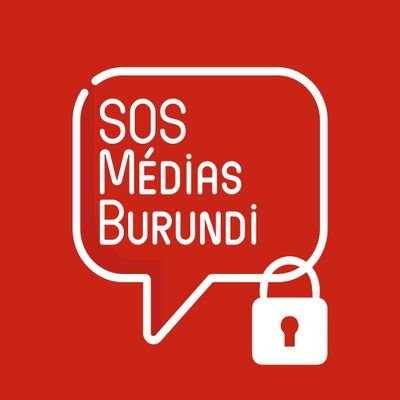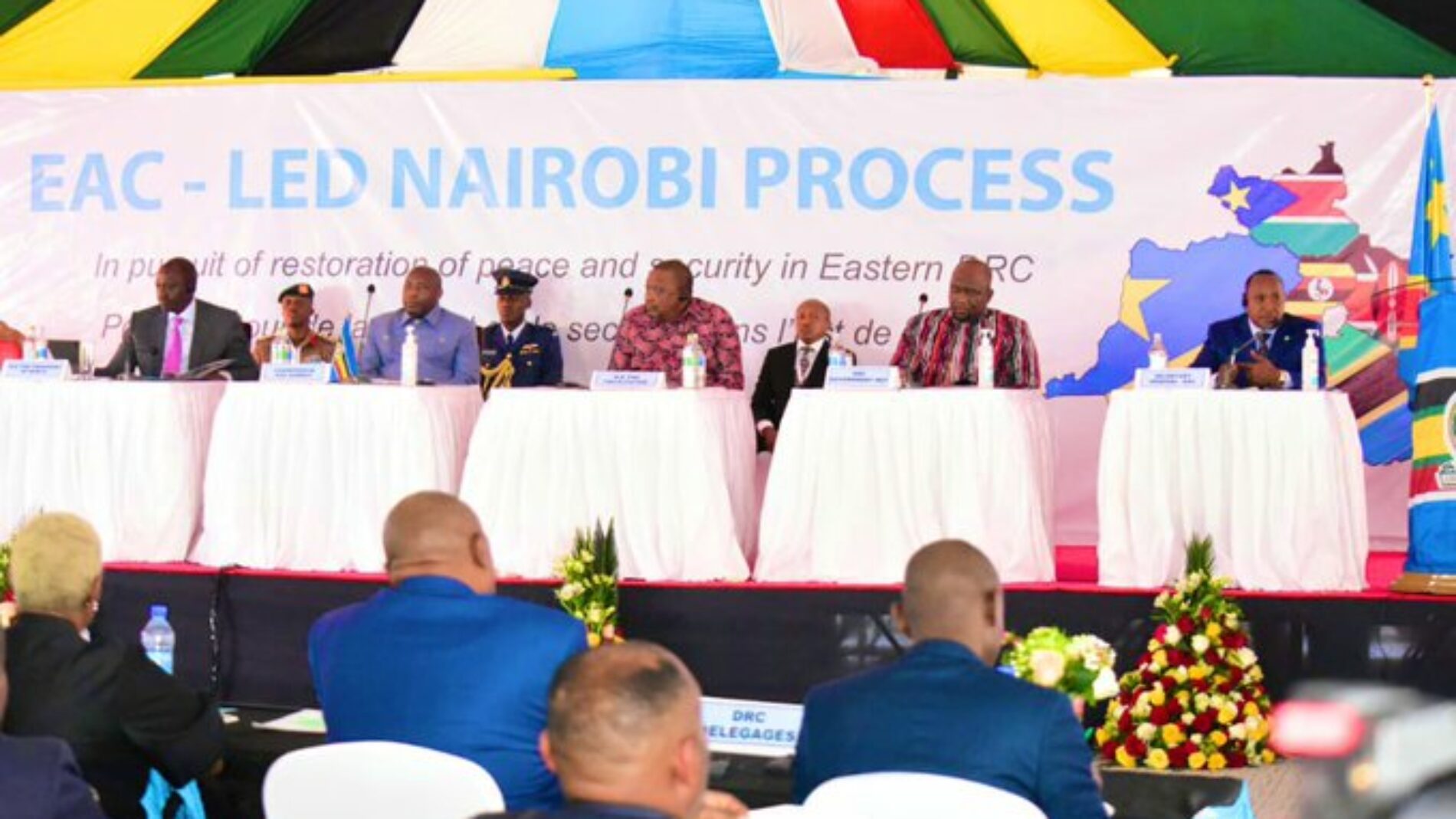Nairobi: the protagonists in the Congolese crisis meet without the M23
Since Monday, November 28, a meeting is talking place in Nairobi, for six days without the M23, to deal with the Congolese crisis. The M23, a rebel movement which seized several localities in the province of North Kivu was not invited to the dialogue. INFO SOS Médias Burundi
Around 200 participants will be in the Kenyan capital for six days to try to find a solution to the crisis in eastern Congo. The facilitator in the Congolese crisis, the former president of Kenya Uhuru Kenyatta recalled that it is the Congolese themselves who must invest to save their country.
“You will have to understand that it is you who must find the solution to your problems as Congolese. No one else. We are here to accompany you and pray for you. It is up to you the biggest responsibility. You have to understand that your wealth should help you instead of being a trigger to shed your blood,” he said sternly.
As for Rwandan President Paul Kagame, whose country is still accused of supporting the M23, “the major reason for this persistent crisis is the failure to implement many agreements at different levels and at different times in recent years. I sincerely believe that this time, these efforts will produce good results.”
The Congolese president spoke of a great opportunity to “seize”. Félix Tshisekedi compared the situation in the east of his country to “a shipwreck”.
“Here and now, we must act with speed and synergy to get the provinces of Ituri, Maniema, North and South Kivu, Tanganyika out of what I call a shipwreck. We must definitely silence the guns to give the chance to our common desire to rebuild our country together,” said Mr. Tshisekedi.
Burundian President Évariste Ndayishimiye, at the same time current President of the EAC, asked the protagonists to draw inspiration from the Burundian model – with the Arusha Accords signed in 2000.
“In Burundi, there were almost ten armed groups. We had seventeen political parties as protagonists, but when the region rose up, the Burundians sat down together and they found peace. Now the forces of defense of Burundi are helping other countries to find peace. Do not be discouraged. If you agree to sit down together and speak frankly, you will have peace”, insisted President Neva who opened the third round of the Nairobi talks.
The M23 was not invited to these negotiations, its spokesperson told SOS Media Burundi.
“[…] the recommendations resulting from these talks concern only those who have been invited to them. We continue to implore the facilitator to receive us and listen to our grievances. We are awaiting our turn,” said said Munyarugero Karemera Canesius, spokesperson for the March 23 movement.
And to add “with regard to the fighting, we ceased hostilities just after the release of the communiqué of the Heads of State during the meeting in Luanda (Angola). We respected it. What we continue to ask instead is that the government in Kinshasa can stop attacking us while waiting for the outcome of the negotiations”.
At least 40 rebel movements have been invited to Nairobi. But representatives of civil society and armed groups in South Kivu remained stuck in Goma, the capital of North Kivu.
They say they ignore the reasons behind this blockage and believe that it is impossible for the dialogue to continue “without our presence”.
With the exception of the Burundian and Kenyan presidents, the other leaders of the East African community followed the opening of these talks by video-conference.

